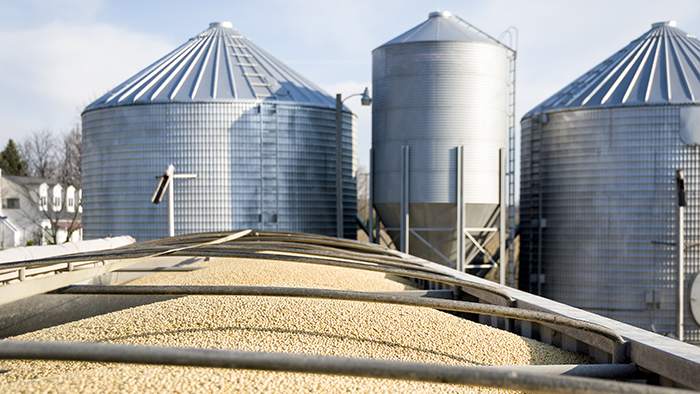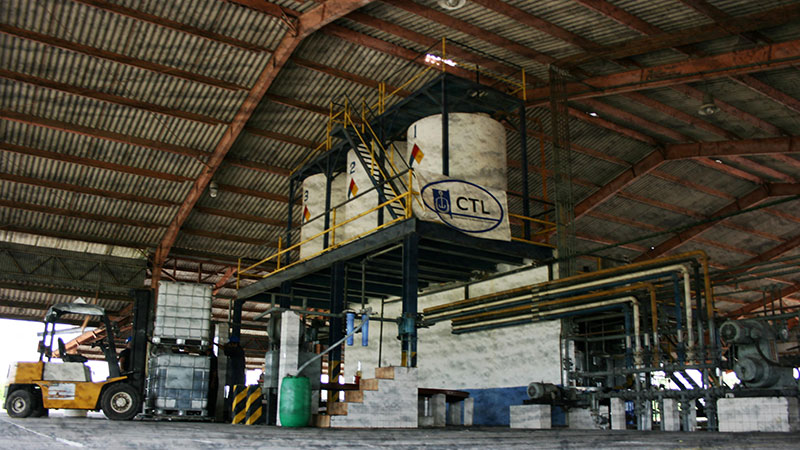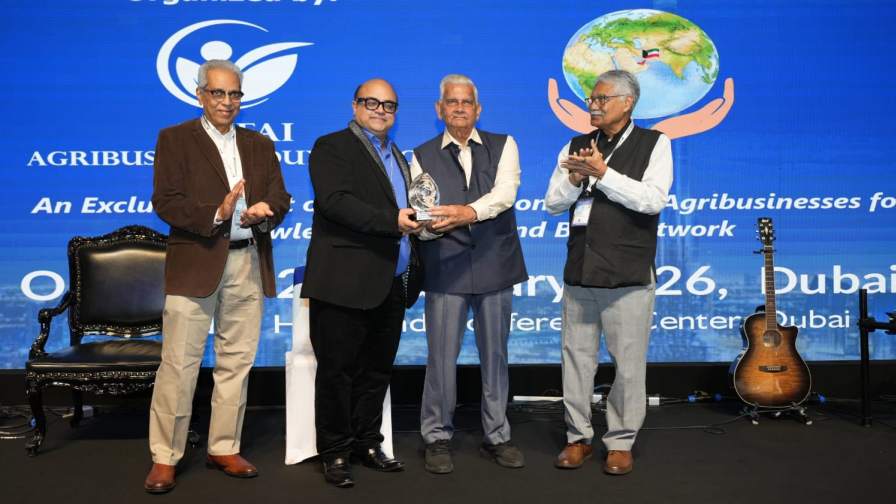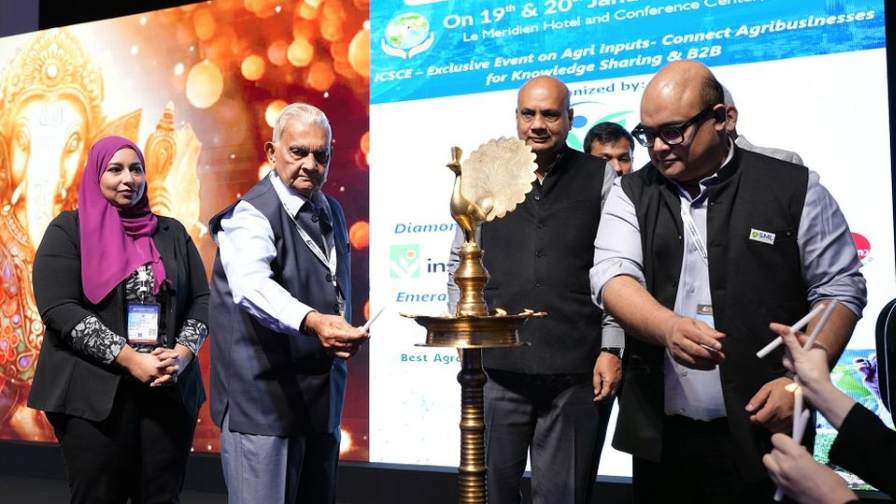How Coromandel’s New High-Tech R&D Facility Is Sparking Innovation in Crop Nutrition and Plant Health
Coromandel International recently opened its Telangana R&D facility in Hyderabad, India, which uses high-tech polyhouses to develop nanofertilizers and biostimulants, as well as exploring hydroponics and soilless farming. Coromandel is looking for solutions that empower farmers while safeguarding the planet. AgriBusiness Global caught up with Narasimha Rao Kothapalli, Vice President and Head – Exports, ISL & SCM at Coromandel, who shared how these innovations are offering solutions to growers.
ABG: How do you see the high-tech polyhouse at the Telangana R&D facility innovating crop protection formulations? Are there any other advancements you foresee?
Rao Kothapalli: The global population is increasing, and we’re facing land scarcity for agriculture. By 2050, reports suggest we may not have enough land to feed the population. To address this, agriculture must focus on increasing productivity. For example, in open fields, tomato yields in India range from 20-30 tons per acre, whereas in advanced countries like Israel or the U.S., yields in high-tech greenhouses reach 140-180 tons per acre. Coromandel, engaging 14 million farmers, established an R&D facility in Hyderabad with high-tech polyhouses to encourage the adoption of advanced agricultural practices and boost crop productivity.
ABG: What is the role of hydroponics and soilless media in the new facility’s research? How do they contribute to developing cutting-edge processes?
RK: Hydroponics, widely used in the U.S., offers significant advantages like higher yields, better quality, reduced pest attacks, and efficient resource usage. We are bringing our 12 years of hydroponics experience from USA to India, where we worked closely with Scott’s Miracle-Gro and Hawthorne Gardening, leaders in this segment. Our goal is to promote sustainable practices, minimize pesticide residues, and educate farmers on using inputs effectively, especially for vegetable farming. This aligns with our commitment to environmental sustainability and responsible agriculture.
ABG: Can you share more about the breakthrough products being developed or tested, such as nanofertilizers and biostimulants?
RK: We were the first in India to launch Nano DAP, a revolutionary alternative to conventional DAP. One liter of Nano DAP is equivalent to 50 kg of traditional DAP, offering cost savings and reducing environmental hazards. It improves fertilizer use efficiency, which in India is only 35%-40%, minimizing waste and residues. Additionally, we’ve developed biostimulants like Vigo, made from plant extracts. Vigo enhances root development, flowering, and overall plant health by influencing specific genes like the NR, RBCS and RBCL genes.
ABG: What cutting-edge products are being tested in the polyhouse?
RK: We’re working on innovative solutions such as calcium and zinc nutrients using Acumist technology, ensuring better plant absorption. On the crop protection side, we develop bio and chemical products, including azadirachtin, a bioinsecticide. We’re also investing in new fungicides like trifloxystrobin and picoxystrobin, providing tools to combat resistance and promote integrated pest management (IPM).
ABG: How does Coromandel ensure its innovations align with sustainability goals?
RK: Sustainability is core to Coromandel’s mission. We practice sustainable processes and have been ranked in the top 5% of the Dow Jones Sustainability Index. Our R&D focuses on creating products that enhance farmer productivity on sustainable basis, such as nanofertilizers and biostimulants, which minimize environmental impact while increasing crop yields.
ABG: What is your vision for the future of agriculture?
RK: Coromandel is committed to improving productivity while promoting sustainable practices. With innovative products like Nano DAP, Vigo, and advanced technologies in polyhouses, we aim to empower farmers, reduce pesticide residues, and enhance crop quality. Everything we do starts with the farmer’s welfare, ensuring convenience, happiness, and profitability.






